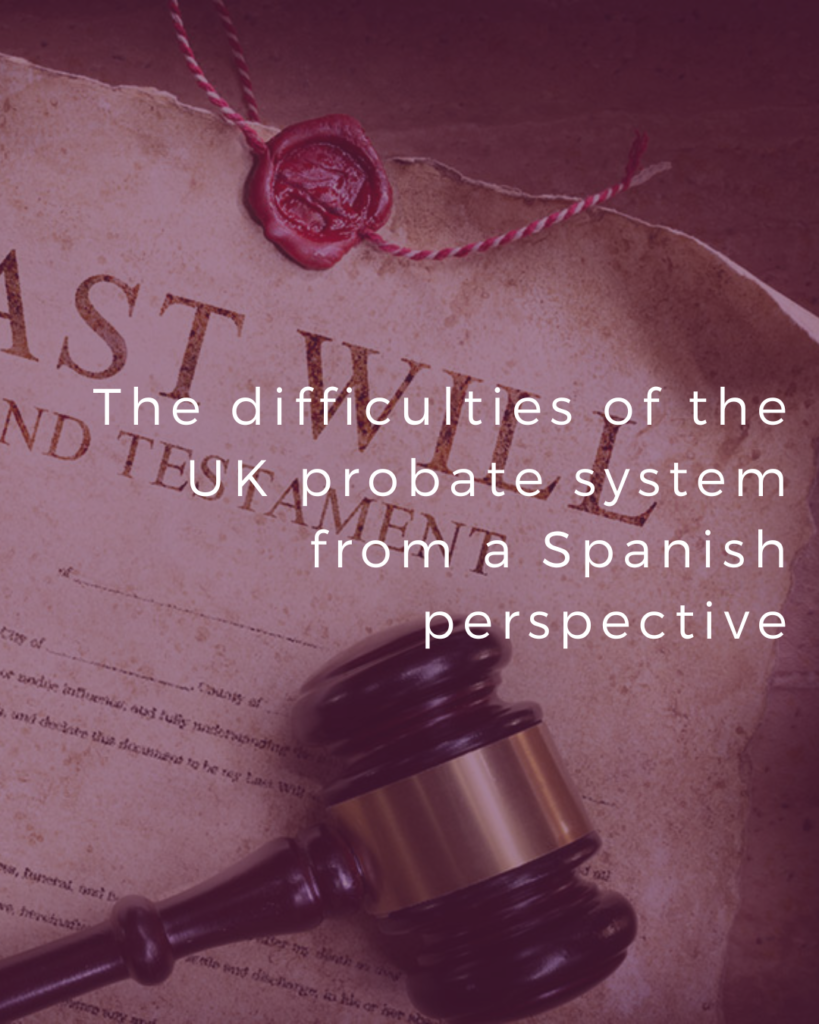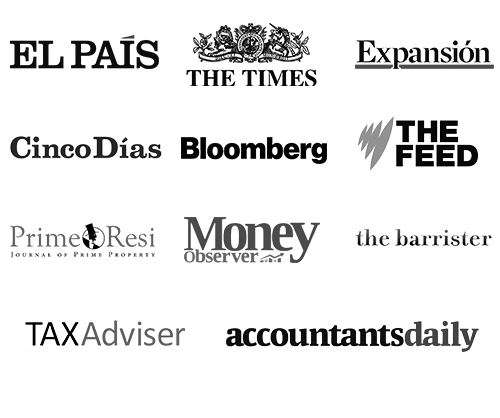Taxation of spanish residence. Sun, food, chances for relaxation, affordability… All of these and even more are invaluable elements that contribute to an accomplished life are present in Spain. Many Spaniards take them from granted, actually. But, for the growing number of expats arriving from all over the world, these are the country’s key attractions.
But does happiness have a price?
A tax on happiness in Spain?
According to some, happiness can be too expensive. There are many who are still reluctant to move to Spain due to what they perceive as an excessive rate of taxation. Apparently, those wealthy (and seemingly happy!) individuals and families in Andalusia or Catalonia have made a terrible mistake moving there. Or have they?
The truth is that Spain is one of the world’s best destinations for expats seeking a new lifestyle, or pensioners who want to retire. It is safe, climatically diverse, relatively cheap, with an educated workforce and all the goods and services you can imagine in Madrid and Barcelona. Plus, it is the perfect base to travel and enjoy the rest of the European continent.
Still, it is normal to have legitimate concerns about one’s financial future in a particular jurisdiction. There are multiple stereotypes about Spanish public authorities. They are considered to be excessively bureaucratic and, in the case of the tax agency, particularly biased against foreign fortunes. But the country has changed.
In the past two decades, the country has adapted its legislation with fairness and with the goal of attracting multinational investments. The sheer number of Double Taxation Treaties signed, Spain’s participation in transnational government forums and its growing presence in sectors like digital platforms have changed the country forever. Thus, those who still have misgivings about transferring their operations there should reconsider them. A piece of advice: ask someone in Marbella if they have any complaints about excellent local services, from healthcare to education!
Spanish residency and the Spanish Golden Visa process
Once you accept taxes as a key fact of life (which they are), when you actually look at the bill, Spain’s is not the worst in the world. However, you should still conduct tax planning, because there are many ways in which you could live in the country. If you have your mind set on moving, what can you do to fulfil your dreams in the sun without mortgaging your future, and that of your family?
The first obvious option is tax residency. Besides the 183-day rule (the number of days a year that qualify you for paying tax in Spain), you can also be considered a resident if your family lives in the country or your main economic interests are there too. This later element is particularly tricky, as many expats who believed to be safe were assigned residency by Spanish authorities.
What are the actual taxes?
- Regarding income, the duty is progressively applied from 19% to 48%. However, in certain areas the higher and the lower threshold are different; you should check before you settle on a location.
- Regarding capital and savings, rates are lower and between 19% and 23%.
In addition to these duties, of course, there is a wealth tax, succession and gift taxes, and other local compliance requirements. For example, renting out your property through a digital platform like Airbnb requires certain paperwork in urban areas. Remember, on the other hand, that there are certain exemptions and advantages for citizens of those countries with Double Taxation Agreements with Spain. You will also need to be transparent about the assets you hold abroad.
An alternative way of moving to Spain is the golden visa. The official “Support Law for Entrepreneurs and their Internationalisation” has been in place since 2014. Since it is meant for citizens outside the European Union, British citizens will be able to employ it from 2021.
The Spanish golden visa system results in an initial residence period of 2 years (including right to work), which is later renewed every 5 years. If the citizen were to desire it, he or she could also opt in for permanent residency through citizenship after a decade, unlocking in turn the whole of the Schengen area (virtually all of Europe). While this latter option requires that the individual and his or her family live in Spain throughout the period, simple residency can be acquired without living in the country.
What are its key rules?
- A minimum direct investment of €500,000 in Spanish property or €2,000,000 in government bonds. Real estate can be acquired through a company.
- If a married couple, the minimum investment is not multiplied by two but shared.
- The scheme qualifies the individual for family regrouping (spouse, underage children, and dependent relatives who are also students).
These are two options, but lifestyles are so different and families so diverse that methods should be case-sensitive. While the golden visa is aimed at higher-income individuals, more people actually qualify than what is usually thought.
In any case, the best option is to start and finish the relocation process with the same legal team, a firm that is aware of the challenges foreign expats face in Spain; like Del Canto Chambers. A competent office, like Del Canto, will be able to guide you across all phases and even suggest alternatives adapted to your needs.
Taxation of spanish residence. By Del Canto Chambers
Contact Us
Del Canto Chambers is a leading London Chambers specialising in commercial law and tax, both domestic and international.
We can offer you extensive advice and guidance in putting the right legal structure in place for your new business. Our legal experts can work with you throughout the life of your enterprise, ensuring that it has a sound basis and that all compliance issues are properly dealt with.
To make a no-obligation enquiry, please either call us now on:
+44 2070 430648 or Make An Online Enquiry.







